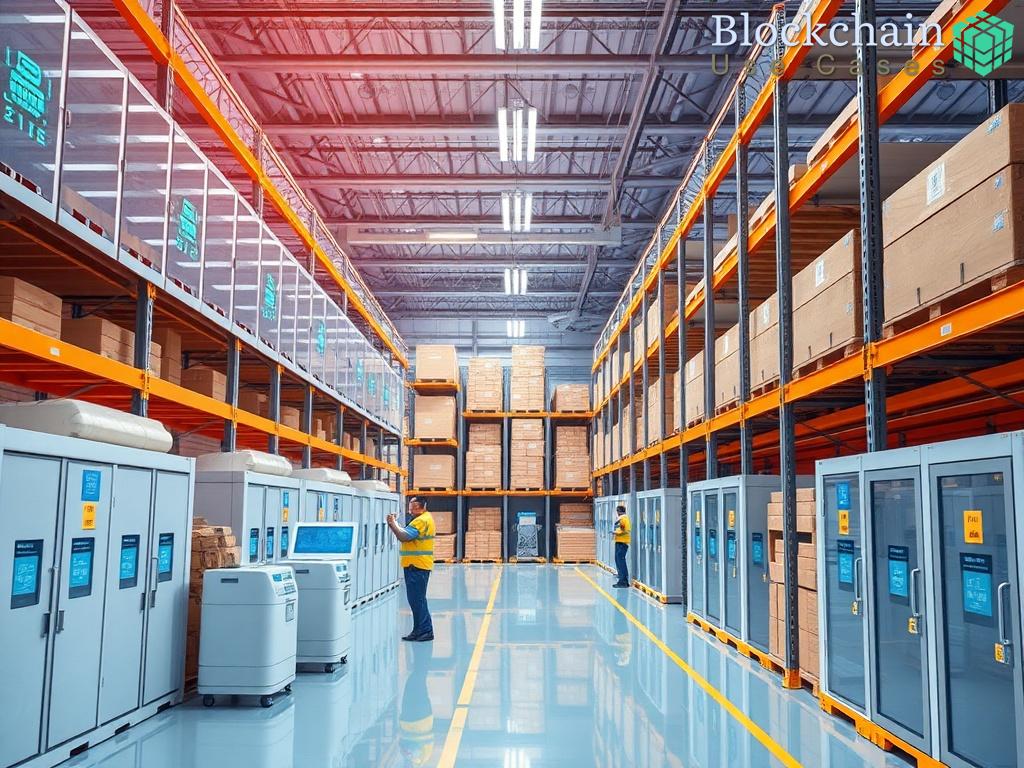Unlocking Cash Flow with Blockchain

In the fast-paced world of supply chain management, cash flow is often the lifeblood that keeps businesses running smoothly. Traditional financing methods can be riddled with inefficiencies and delays, leaving suppliers struggling to manage their operational costs. Enter blockchain technology—a revolutionary tool that promises to transform the way financial transactions are handled across supply chains. By fostering transparency and trust, blockchain not only streamlines processes but also enhances cash flow for suppliers.
The Power of Smart Contracts
Smart contracts are one of the most exciting features of blockchain that can significantly improve supply chain finance. These self-executing contracts facilitate, verify, or enforce the negotiation or performance of a contract without the need for intermediaries. Imagine a scenario where payment is automatically triggered upon the confirmation of delivery—this not only accelerates payment cycles but also reduces the risk of payment disputes. Moreover, smart contracts can be tailored to include conditions that align with suppliers’ cash flow needs, ensuring they receive payments promptly.
Benefits of Blockchain in Supply Chain Finance
Embracing blockchain in supply chain finance brings a plethora of advantages. Below is a list of key benefits that highlight the impact of this technology:
- Enhanced Transparency: All transactions are recorded on a public ledger, providing real-time visibility into the status of payments and deliveries.
- Reduced Fraud: Blockchain’s immutable nature makes it nearly impossible to alter transaction records, significantly decreasing the potential for fraud.
- Lower Operational Costs: By minimizing the need for intermediaries and manual processes, companies can cut down on transaction fees and administrative costs.
- Faster Transactions: Blockchain enables near-instantaneous transactions, dramatically reducing the time it takes for suppliers to receive payments.
- Improved Supplier Relationships: Timely payments foster trust and strengthen relationships between suppliers and buyers, leading to a more collaborative environment.


















